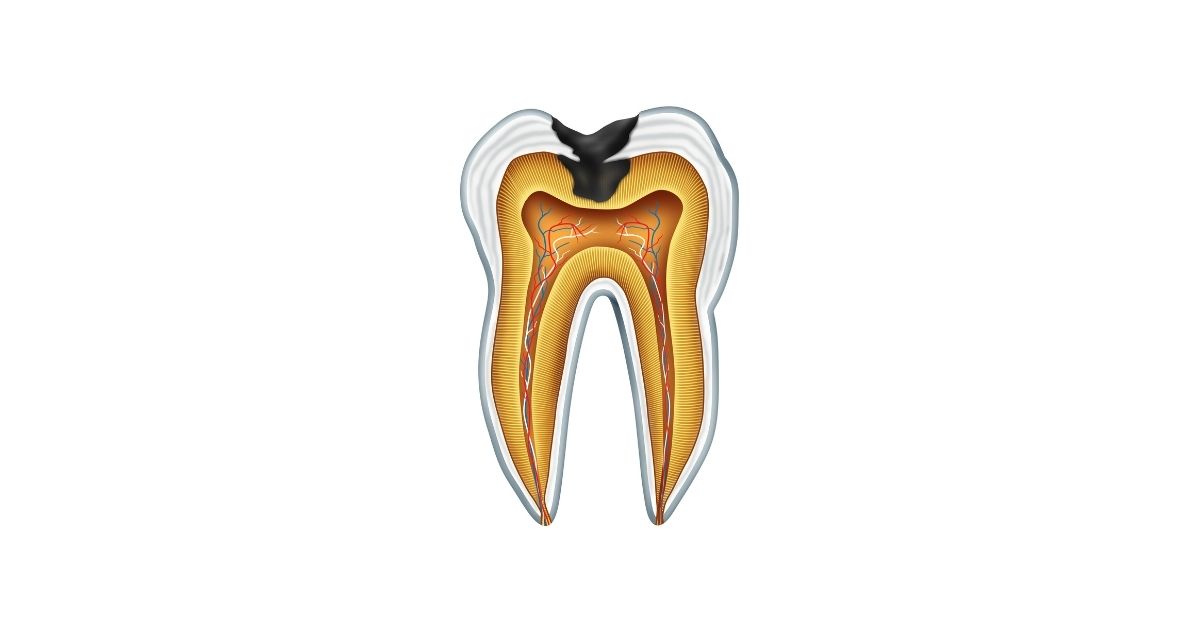It may be frustrating to get cavities even though you diligently brush and floss your teeth everyday. However, there could be other reasons why you’re more prone to getting cavities.
The first is naturally having a dry mouth. Individuals with diagnosable dry mouth have a greater accumulation of bacteria which can lead to higher rates of cavity formation. In these instances, consulting your dentist is the best first step to see what can be done to help alleviate dry mouth, and thereby prevent cavities.
Another major cause of cavities, unsurprisingly, is actually not properly brushing or flossing your teeth. Though you may be confident you’re doing everything perfectly, there can be a chance that either you’re not brushing long enough, aren’t brushing every spot in the mouth correctly, not brushing your teeth at least twice a day with a fluoride containing toothpaste, or even just not flossing regularly. Missing dental appointments and delaying a more professional, thorough cleaning at a dentist’s office can also lead to unnecessary damage to your teeth, leading to cavities regardless of how well you take care of your teeth at home.
Some other reasons include having acid reflux which can damage the natural integrity of your teeth, consuming foods that are hard or acidic, and grinding your teeth especially while asleep.

Is it Normal to Have a Lot of Cavities?
It’s normal as an adult to have some cavities, however proper dental care and regular dental cleanings can help prevent excessive dental cavity formation. If you’ve been delaying proper dental care, have an underlying medical condition like dry mouth, or simply consume foods that are harsh on your teeth and gums; you can have a higher likelihood of developing cavities.
Can Cavities be Reversed?
Cavities are essentially holes that are developing in your teeth. In general cavities cannot be reversed, however some early stage cavities can be reversed only during the very early phases of formation. Proper dental care is the best way to reverse cavity progression and promote healing all on their own.
However, larger cavities and those that have been allowed to form for a long period of time do not reverse on their own. These cavities can be filled with a wide range of different materials that help reform the structural integrity of your teeth, prevent further cavity formation, and ensure proper functioning of your teeth.
What is the Average Number of Cavities a Person Has?
There isn’t any concrete number as to the average number of cavities any particular person has. However, studies have shown that about 90% of adults over the age of 20 develop at least one cavity in their lifetime. And adults that do not properly care for their teeth can have as many as ten cavities at any given time.
Is a Black Dot on a Tooth a Cavity?
Tooth decay and cavities are the most common cause of black dots on teeth and are usually filled in with composite material to reform the structural integrity of your tooth. However, your dentist in Wilmington MA will take a closer look to determine if that black spot is truly a cavity, and provide a plan of treatment accordingly.
